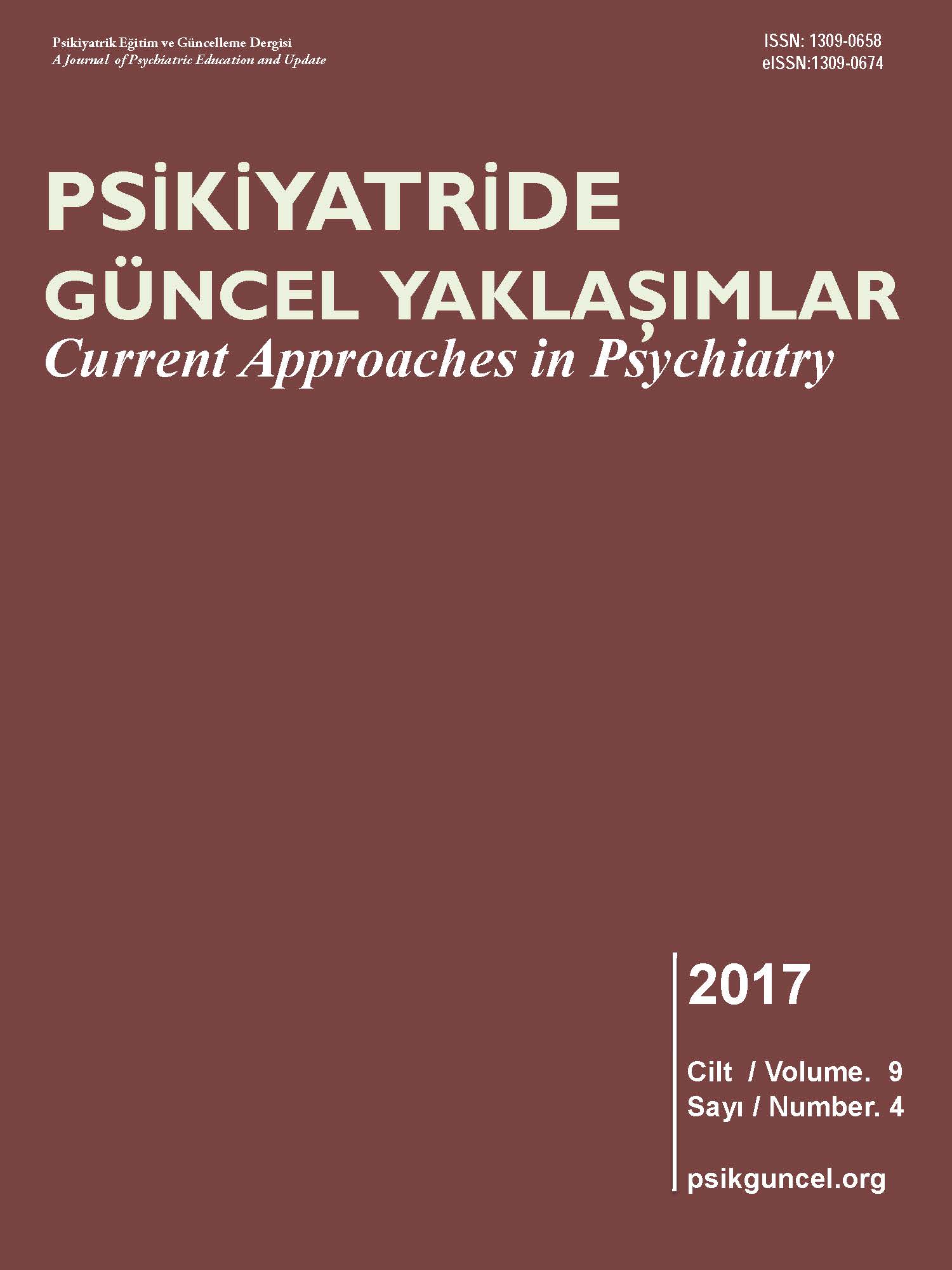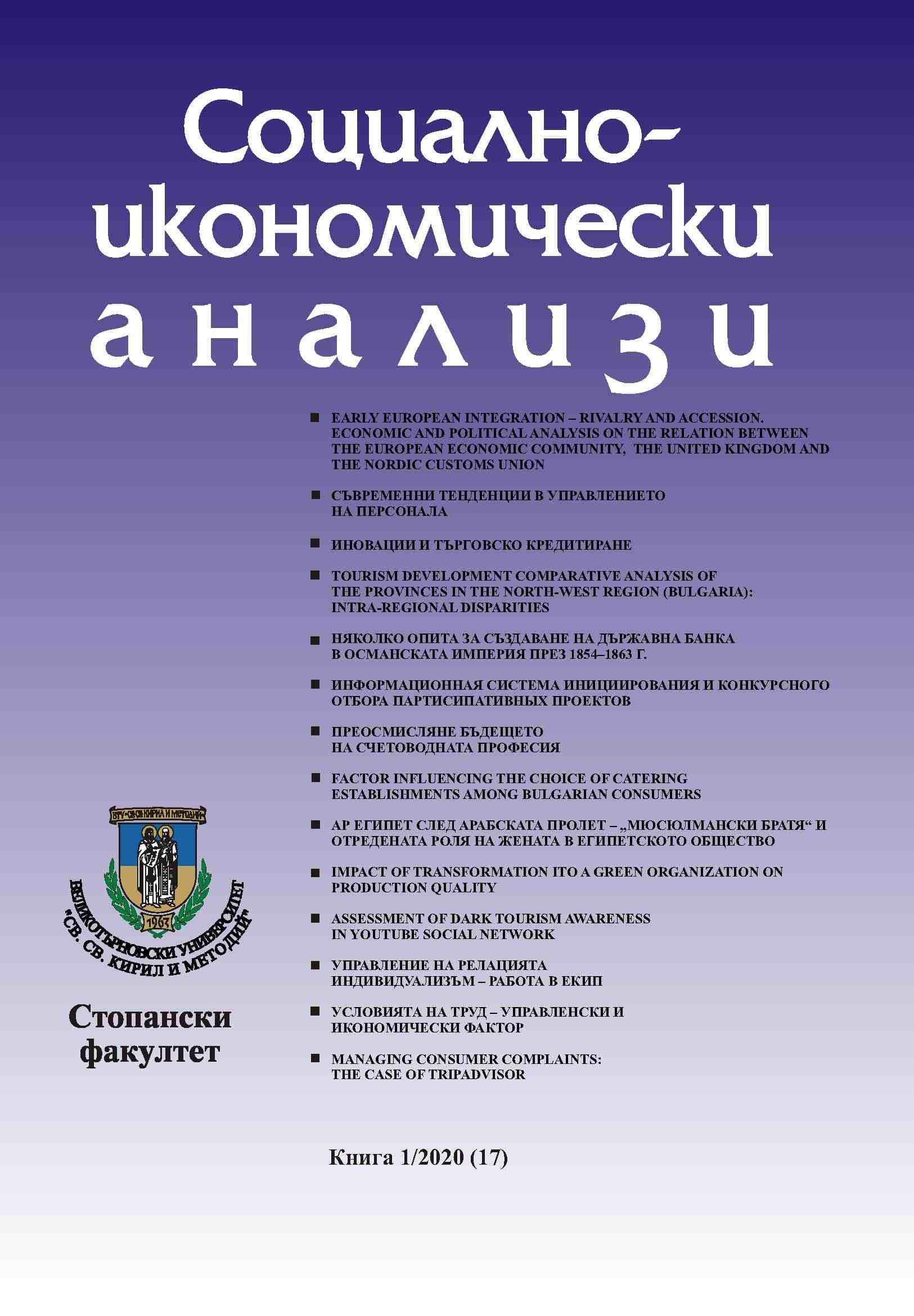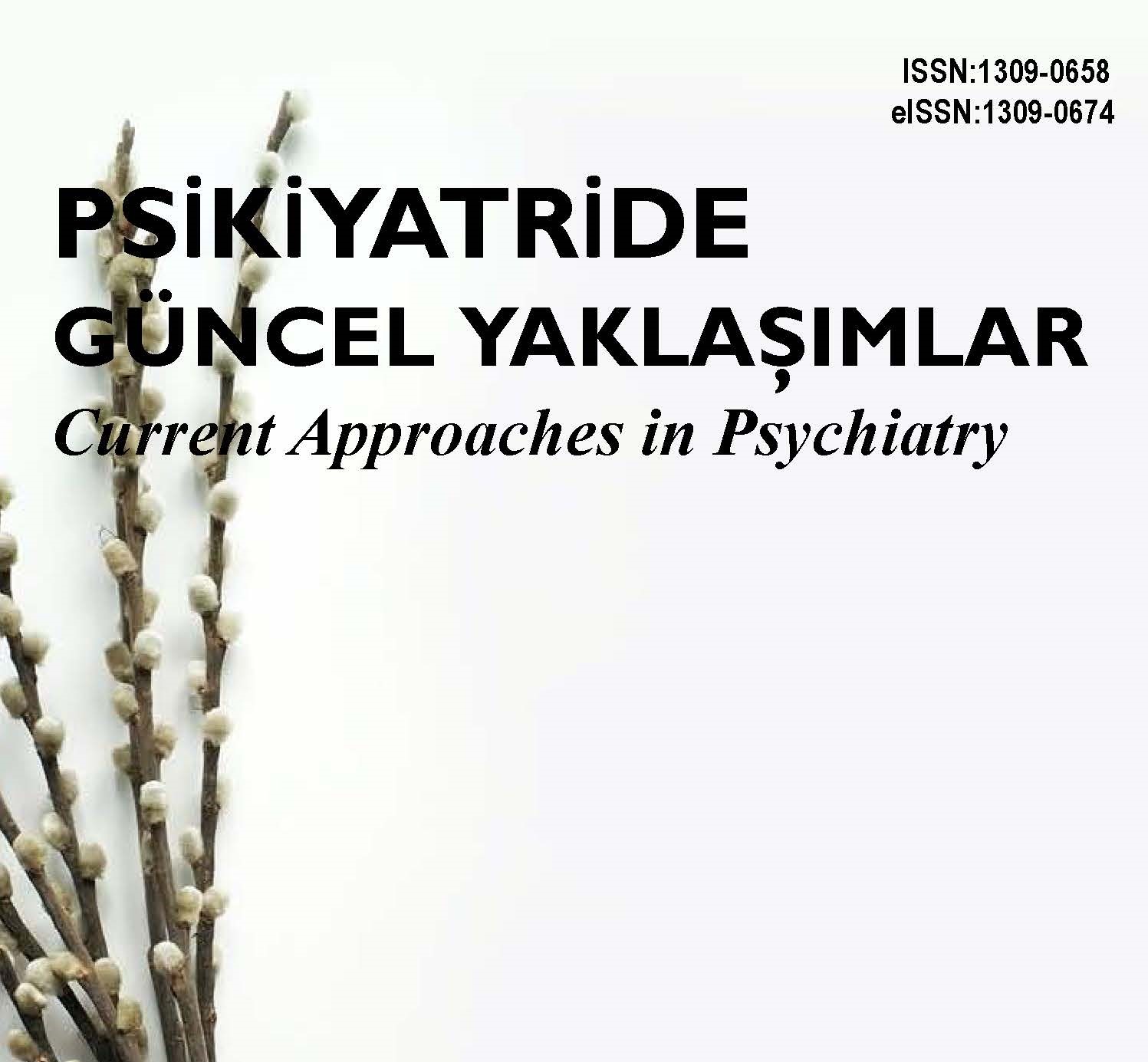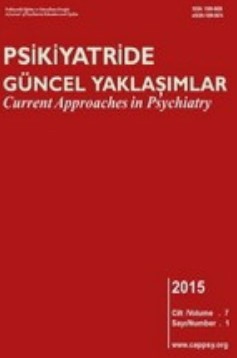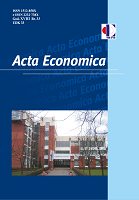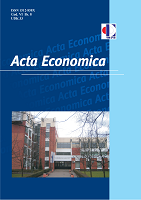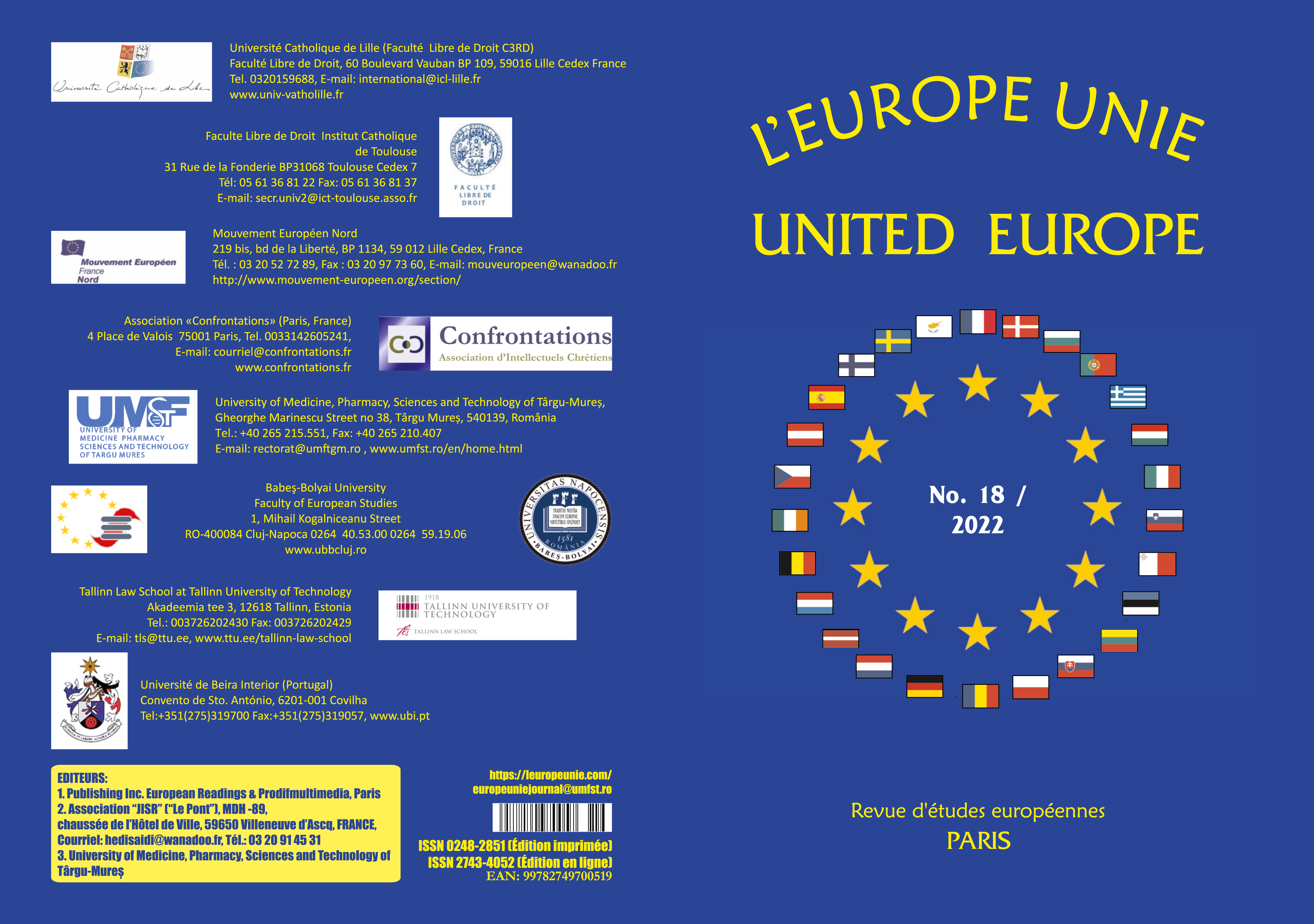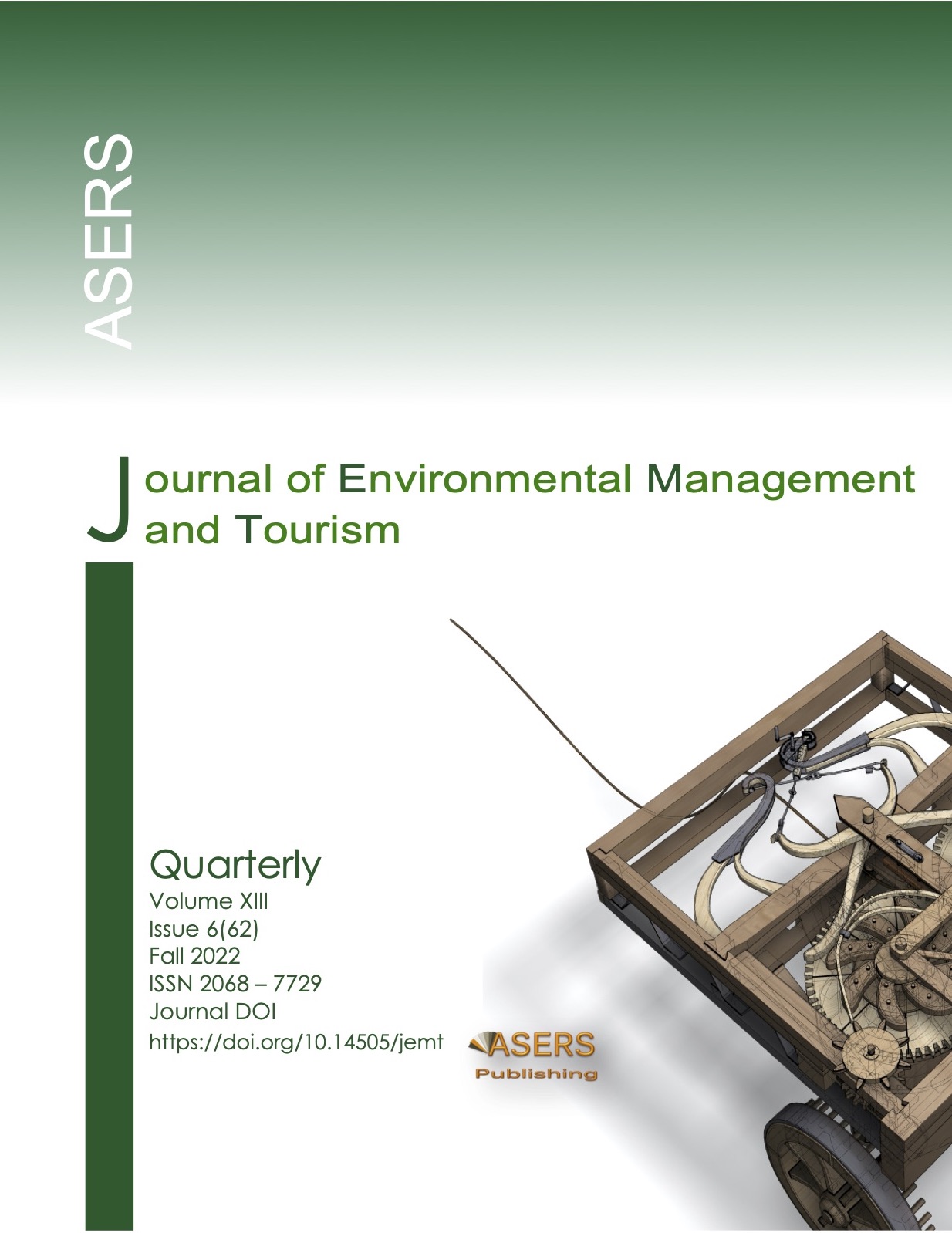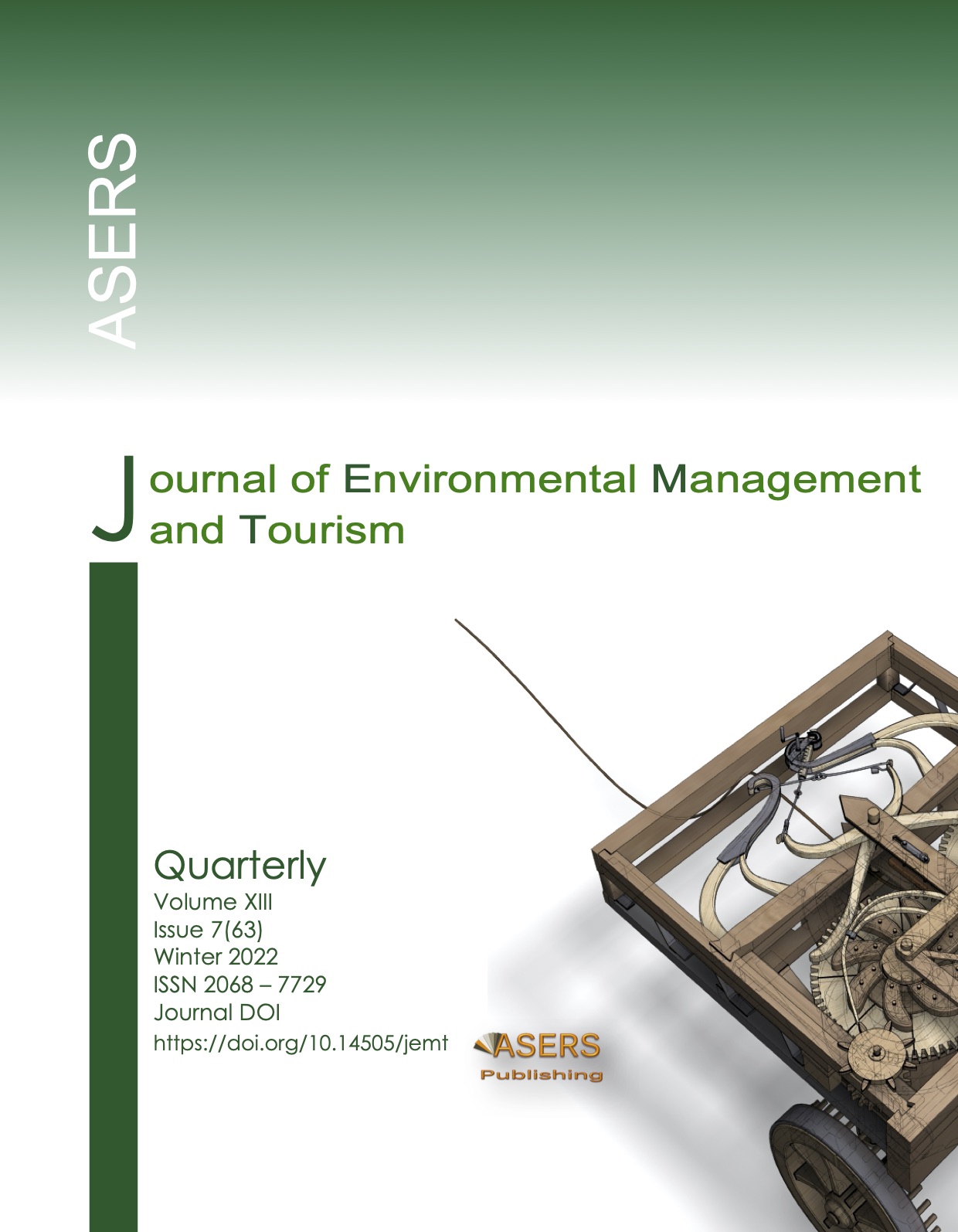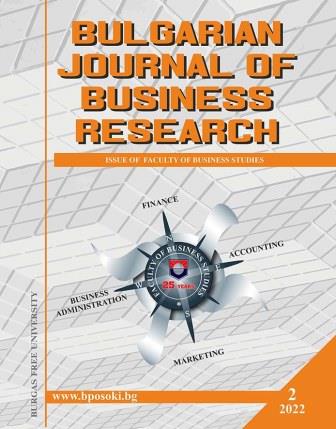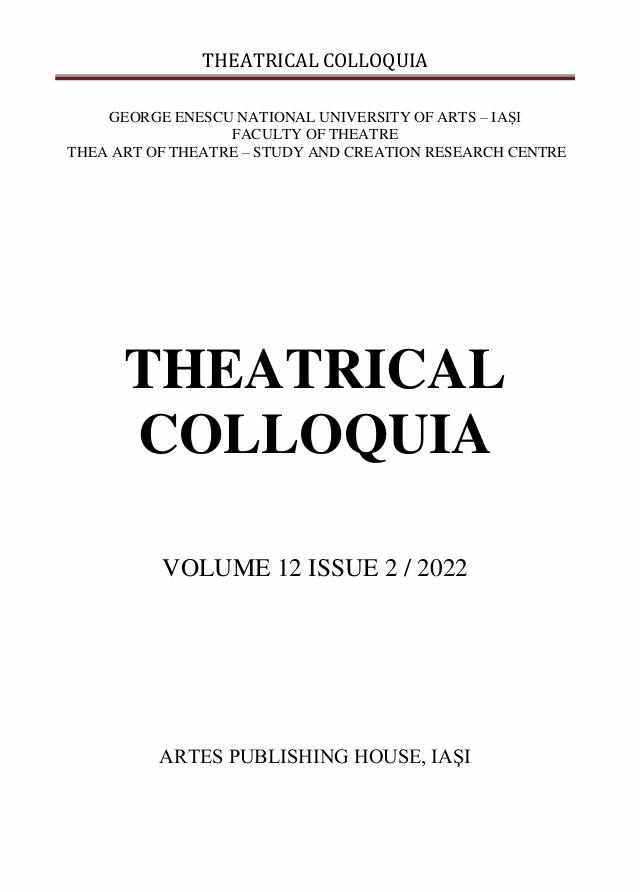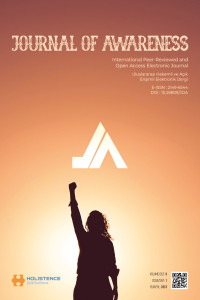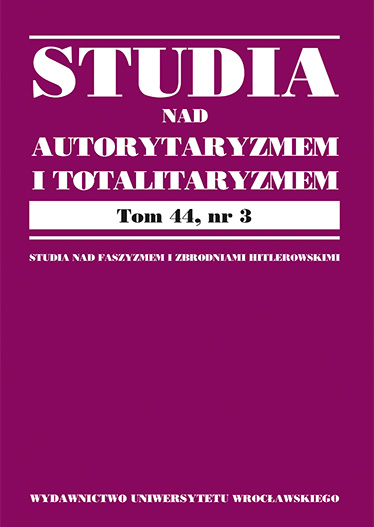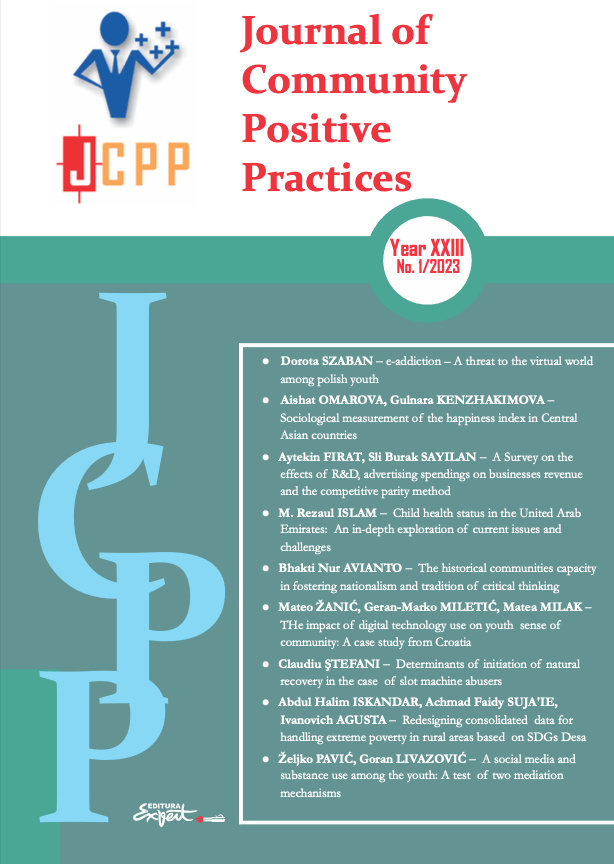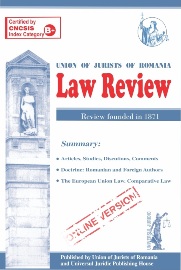Author(s): Raluca Zaharia / Language(s): English
Issue: 2/2022
Should we attach to the notion of identity, that of culture, we will have a more comprehensive and at the same time more precise vision of the relationship that exists between the two terms. The cultural identity is that something that recognizes the human community (social, political, regional, national, ethnic, religious) in terms of values,mentality, commitments, traditions, beliefs, historical memory.To understand the notions of identity and culture, we refer to the individual and then to the group and to the manner they relate to the community, society and why not, the citadel,meaning the city. The latter becomes cultural when it values the customs and traditions of its inhabitants, its heritage, the works of its artists and craftsmen. This article attempts to analyze the interdependence that could exist between a cultural manifestation, more precisely a festival with its thematic aesthetics specific management and the cultural identity of the city that hosts it.Nowadays, the culture plays the role of helping to convert cities into dynamic and attractive urban centers. It is commendable that this reconversion is also used by smaller towns in order to promote their identity. The phenomenon itself is known as urban marketing and has, among other attributes, the role of imposing a new way of conduct on civil servants and local public authorities. It also makes us have a certain conception of cities - in our case- thanks mainly to cultural history, but also in depending on the cultural policy they pursue,due to the image they want to promote, or through works of art, through the realization of certain artistic projects: festivals, branded cultural events, etc. This is the case of the city of Tournai in Belgium, a border settlement entered into the phenomenon of European metropolisation which leads to the formation of centers composed of networks of metropolises and which become economic, social and political pillars, but also cultural, with a whole administrative dynamic and cultural facilities (cultural centers,museums, theaters, universities, etc.). The biennial festival we are referring to is called "Découvertes, marionnettes et images", being the only one in the French-speaking area of Belgium. The reputation of the festival is inevitably associated with the city of Tournai, and this association adds more value, effectively contributing to its image in the region and not only. The cultural identity of the city is linked among other things to the evolution of the festival and vice versa.It is an international festival dedicated to contemporary forms of puppet animation. From the theater of objects, passing through street art, dance or digital art, each edition of the festival gives access to the wealth of contemporary forms of the puppet and marionette as well as their interdisciplinarity. The analysis of the "Découvertes, images et marionnettes" festival. In this context, taking into account the quoted references and the specific interferences of are search, is all the more complex and revealing at the same time.
More...
